Flash! Click! Flash! Click!
The paparazzi are tripping over their own feet to get a picture of you. A cute little girl charges toward you, dodging your security guard, with a notepad in hand. “Oh my god! Oh my god!” she says. “I’m your biggest fan! May I have your autograph?!”
A crowd chants your name as your twirl around in your glitzy outfit. Everyone knows who you are, but you don’t know them from a can of paint – you are famous!
Record scratch.
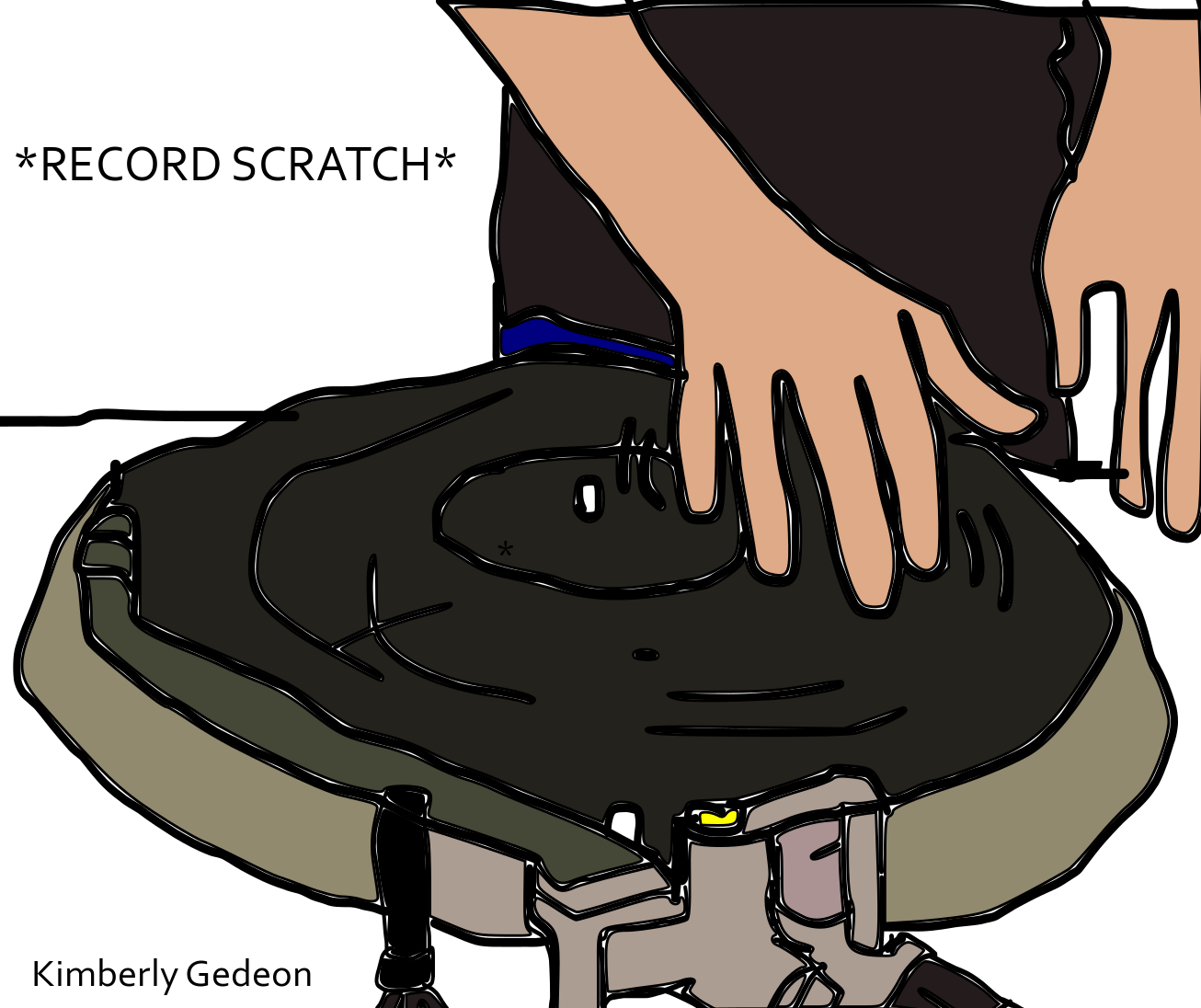
Sorry to interrupt the glimpse of glory I’ve dreamed up for you, but that visualization of fame – though widely popular – is far from the raw reality of what fame truly is. And we’re reminded about this once again through an early November Instagram declaration posted by Summer Walker, an up-and-coming R&B singer who’s had a taste of what fame can offer and is questioning whether she could handle more bitter spoonfuls of stardom.
To paraphrase, Walker told her 1.6 million Instagram followers that she’s exhausted with the false-facade cloaks that the music industry drapes over its artists. She added that while people under the spotlight put a lot of effort into concocting phony images of themselves, they are lazy about doing the much-needed self-work in discovering who they really are behind all the smoke and mirrors of fame. Walker, in her own words, said, “I’m too real for this sh**.”
From the outside looking in, we see flashing lights, autographs, praise, cheers, magazine covers, glamour, interviews, and most enviable of all, the inundation of money. “Must be nice,” we lament. But I find it interesting that many choose to focus on the perks of fame, but seemingly ignore the perils of stardom. Have we not witnessed the Justin Biebers, Lindsay Lohans, Demi Lovatos, Britney Spearses, and Amanda Bynes spiral out of control?
Some, unfortunately, are no longer alive to tell the tale of their personal struggles with fame, whether they’ve succumbed to substance abuse or committed suicide.
“They’re mentally unstable,” some would say. “They weren’t equipped for fame.” But I do not agree with that sentiment. In fact, I would hypothesize that most people aren’t equipped for the dark side of fame. I can hardly imagine that anyone would be mentally robust after enduring incessant online bullying, clout chasers using you for personal gain, the pressure to be perfect from head to toe, and industry puppeteers attempting to use you like a marionette.
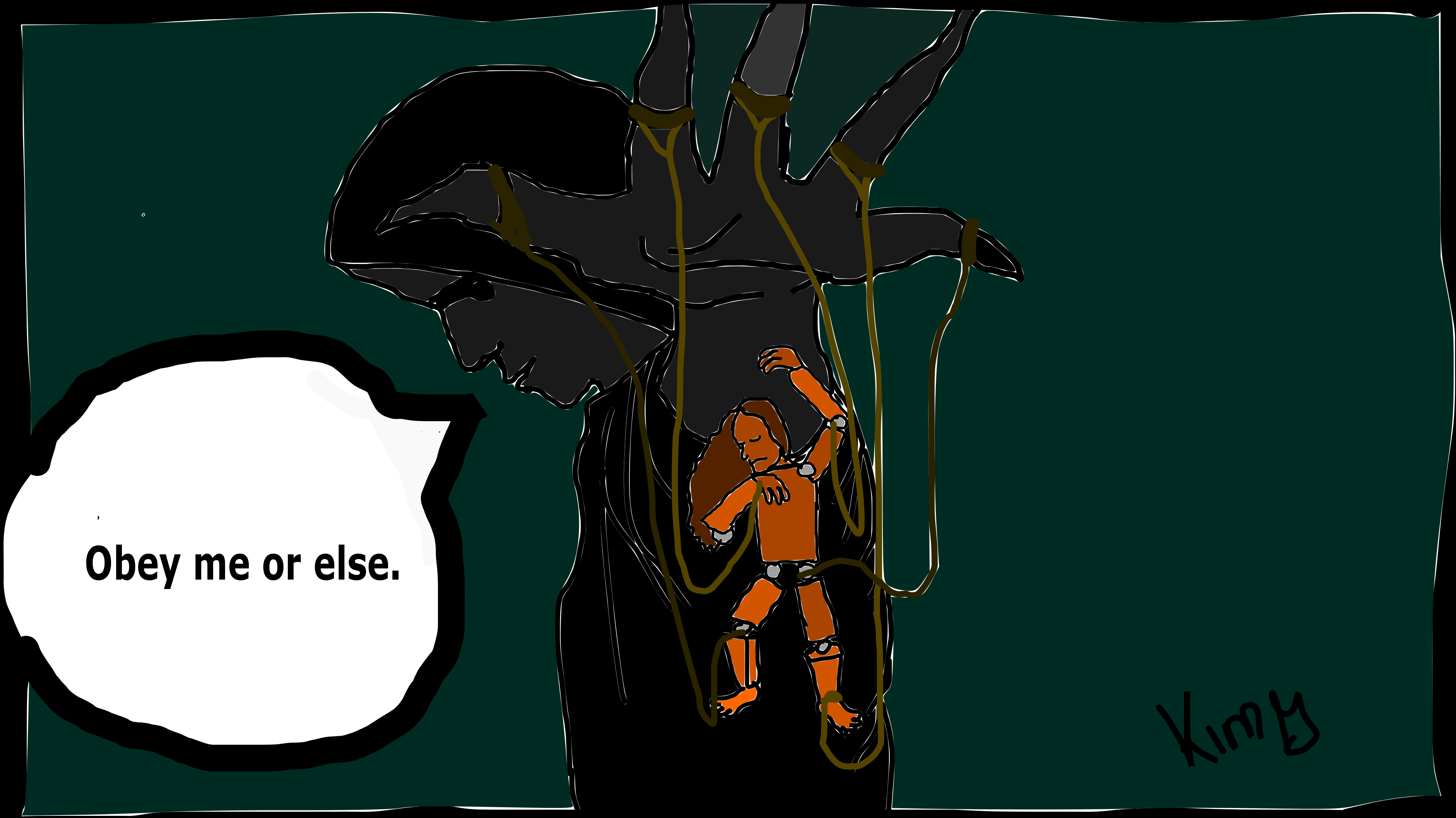
Fame is, according to psychologist and author Pamela Stephenson, “extremely bad for your health.” Stephenson made this conclusion after studying high-profile athletes and performers.
I’ve also done some research myself on what fame is really like for celebrities, and to summarize my findings, they say it’s both a blessing and a curse. The blessing aspect of fame is obvious – “the allure of wealth, access, preferential treatment, public adoration, and as one celebrity puts it, ‘membership to an exclusive club,’ keeps the famous person stuck in the perpetual need to keep their fame machine churning,” said Donna Blackwell, a clinical psychologist who specializes in celebrity mental health.
But let’s get into the “curses” that pervade the shadow sides of fame that are oft-cited by celebrities when addressing the perils of stardom.
Your Insecurities Are Magnified
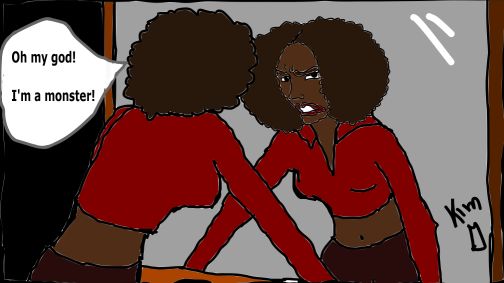
Known for her role as Sansa Stark on Game of Thrones, Sophie Turner discussed how her self-esteem issues swelled as her stardom skyrocketed: “I would say, ‘Yeah, I am spotty. I am fat. I am a bad actress.’ I would just believe it. I would get (the costume department) to tighten my corset a lot. I just got very, very self-conscious,” the actress told Dr. Phil on his podcast Phil in the Blanks.
Turner added that her mental health took a nosedive at the age of seventeen as a result of the vicious criticism she received from the Game of Thrones fan base. On top of that, social media intensified her struggles with self-esteem.
Sporty Spice, known as Melanie Chisholm off stage and a member of the mega popular Spice Girls girl group, confessed that fame took a toll on her as well. “I was often regarded as quite aggressive or masculine,” Chisholm said. “There was questions about my sexuality and I was seen as the ugly one in the back.”
You Feel Isolated and Alone Despite Having an Adoring Fan Base
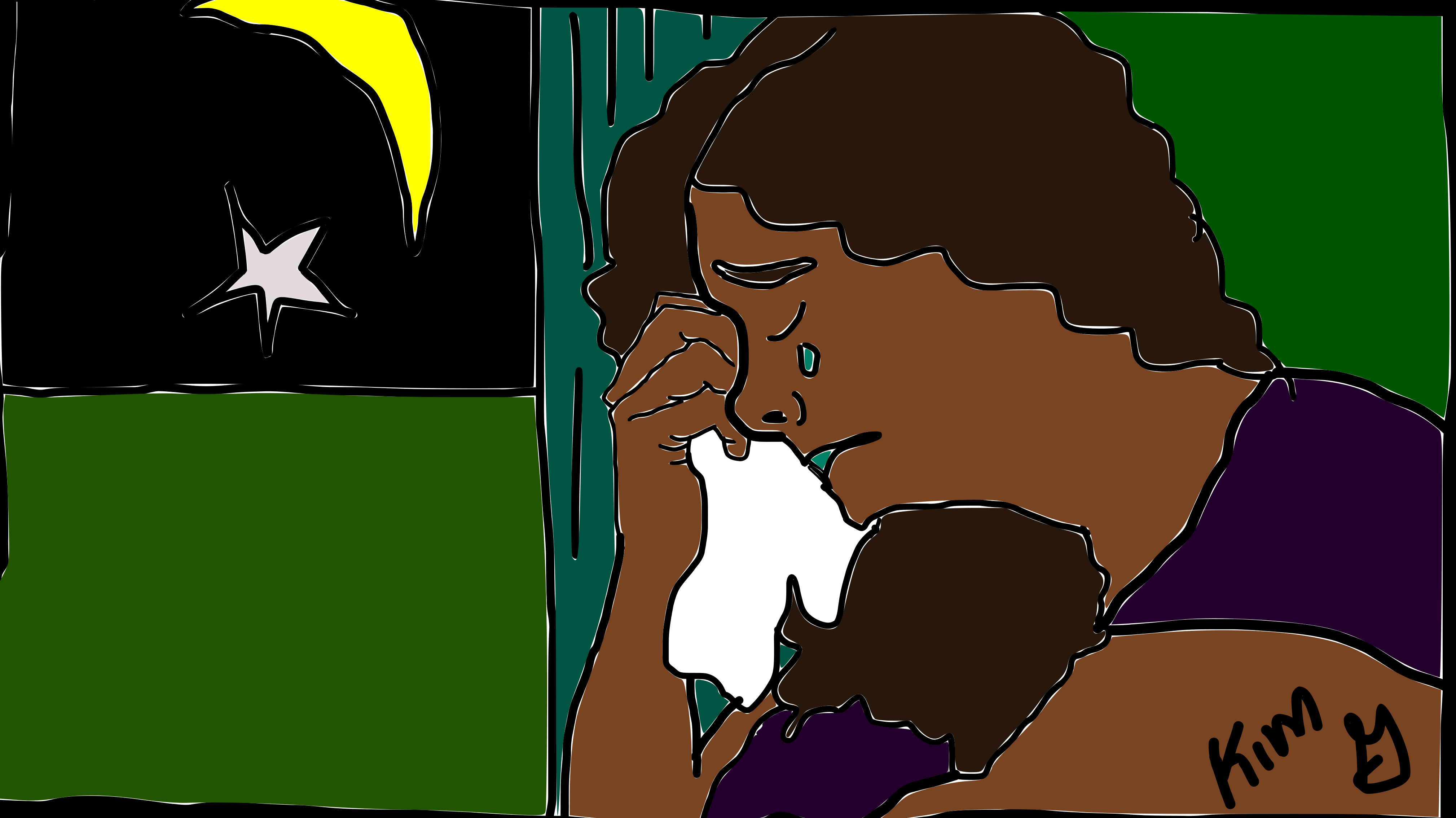
Stars who become famous quickly realize that the warmth of good company doesn’t come from the quantity of people who love you. Celebrities have many fans who adore and exalt them, but they still feel alone. Stars often note that they feel alone because very few can relate to their struggles with adjusting to fame.
“People could see anyone in my position and say, ‘Wow, they’ve got it all figured out. They’ve got everything. They get to live this cool life,’” Selena Gomez said in an interview with Today. “But the truth is,” Gomez added, “you’re isolated. You’re being looked at. You’re being judged.”
Justin Bieber, Gomez’s ex, expressed the same sentiments. “I feel isolated,” Bieber told UK magazine, NME. “You’re in your hotel room and there are fans all around, paparazzi following you everywhere, and it gets intense. When you can’t go anywhere or do anything alone, you get depressed. I would not wish this upon anyone.”
Kylie Jenner, on her show The Life of Kylie, expressed that she has a soft spot for outcasts as she considers herself to be one as well. “I still feel like an outcast because I can’t relate to anyone,” she said.
The World of Fame is Filled With Substance Abuse
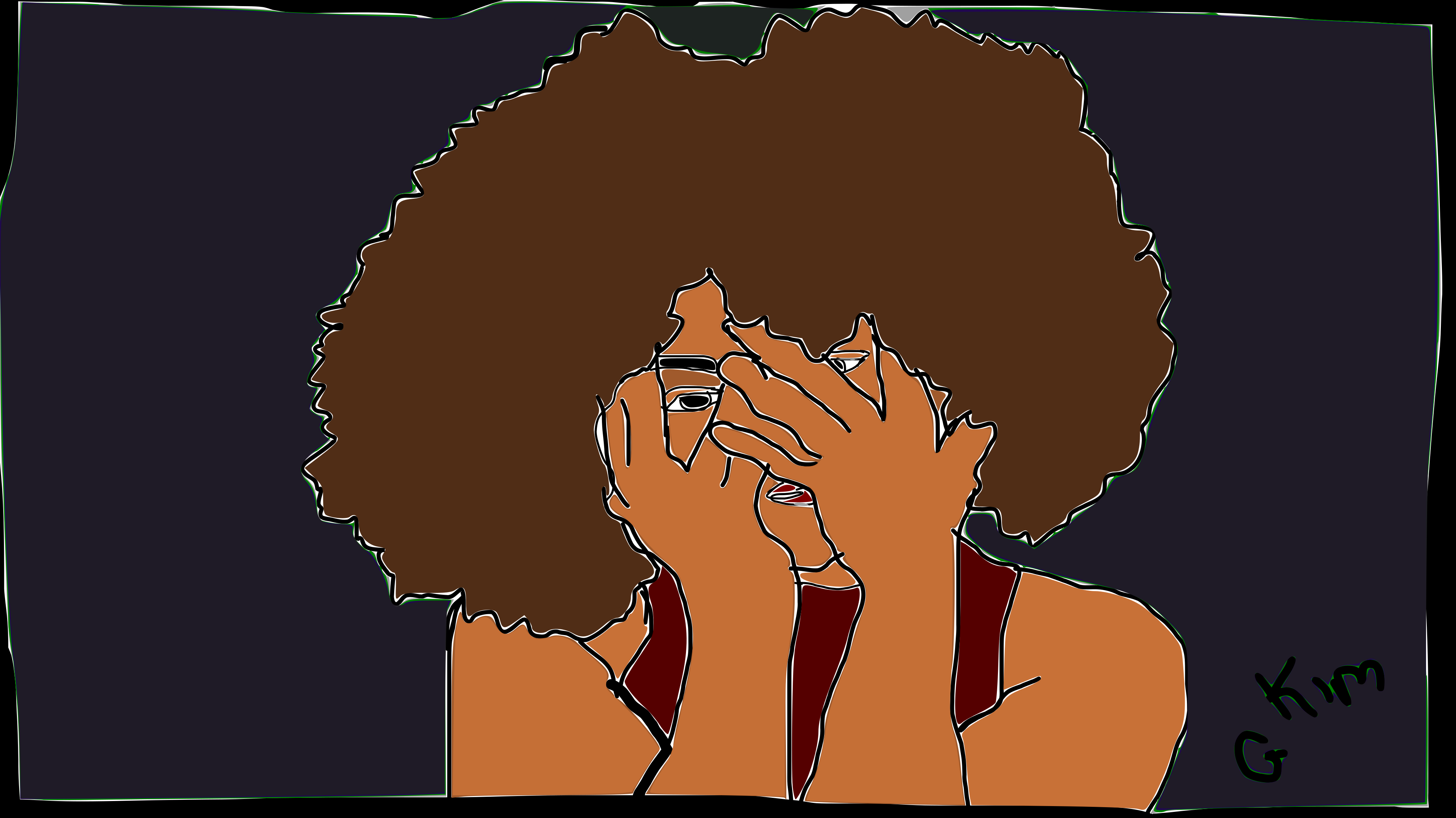
“The quickest way to forget about the fact that you were being watched was to get very drunk,” Danielle Radcliffe, star of the Harry Potter film series, told Off Camera with Sam Jones. “Then as you get very drunk, you become aware, ‘Oh, people are watching more now because now I’m getting very drunk, so I should probably drink more to ignore that more.’ It can affect your psyche.”
According to The Killing of Marilyn Monroe podcast, Marilyn Monroe, in struggling to cope with her insecurities that were magnified under the spotlight, she sought comfort in methamphetamine and alcohol. Judy Garland, famous for her role as Dorothy in The Wizard of Oz, also grew dependent on prescription pills.
According to Dr. Steve Taylor, a senior lecturer in psychology at Leeds Beckett University, celebrities are accustomed to having their self-esteem boosted by their fans, so to continue the “high” of acquiring affirmation, stars gravitate toward ego-boosting drugs such as cocaine to maintain satisfactory levels of self-importance.
Unfortunately, abusing dangerous substances in the celebrity realm is more common than rare. The list of stars who’ve developed a dependency on drugs to cope with the various pitfalls of fame are innumerable. And what’s even more alarming is the growing list of celebrities who have died due to being consumed by their addictions.
People in the public eye are particularly prone to dying from substance abuse because, as The Canadian Centre for Addiction states, stars “circumvent proper medical care, often soliciting the aid of unscrupulous individuals instead of going to the hospital.”
Suicide is the Sad, “Sweet Escape” for Some Stars
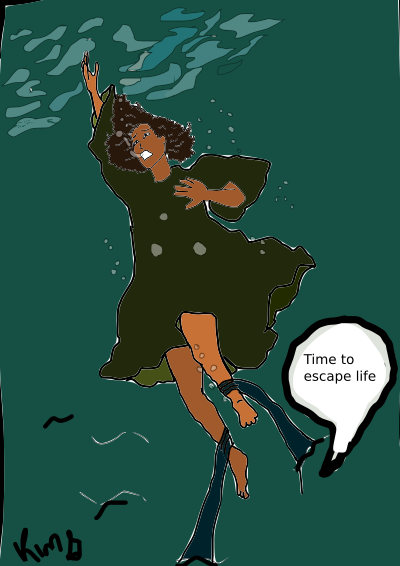
In recent years, we’ve grieved over the deaths of Linkin Park frontman Chester Bennington, and food and travel connoisseur Anthony Bourdain, as well as a slew of other suicides, including actor and comedian Robin Williams and fashion designer Kate Spade.
Candice Lam, a clinical psychologist who works with celebrities, said that due to the pressures of media and public scrutiny, stars are more likely to seek death as a finite solution to their painful problems. According to a 2014 study spearheaded by University of Sydney psychology professor Dianna Kenny, rock and pop stars die up to 25 years younger than non-famous people.
“Celebrity status doesn’t protect someone from suicide,” psychiatrist Dr. Carole Lieberman M.D. told Hollywood Life. “It is often only to onlookers that the celeb’s life seems so perfect and enviable. In fact, it is this need to always make their life look so perfect that adds an extra burden to the celebrity’s life. ”
You Realize That You Took Being Able to Do “Everyday Things” for Granted
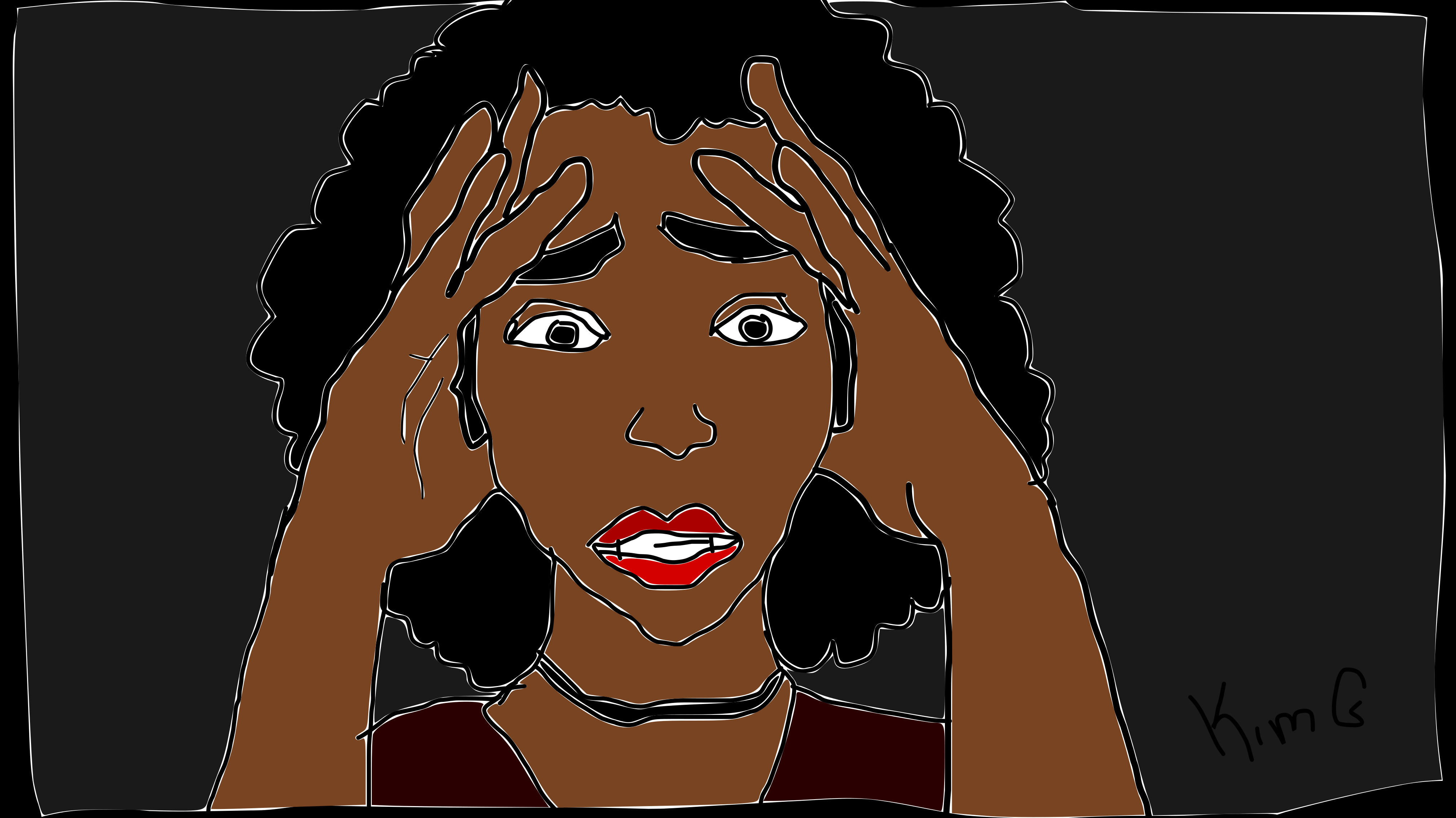
Billie Eilish, a teen singing sensation who’s currently taking the pop industry by storm, told Elle that she wishes she could just turn off the fame for 10 minutes, especially when she’s on a flight.
“When I’m in the plane and two girls come and tap me on the fucking face and take a picture of me while I’m trying to sleep. Don’t get me wrong—I love every person that gives any fucks about me. But there are lines. People forget what respect is,” Eilish said.
Lady Gaga teared up about how fame caused her to disconnect from engaging with regular people. When everyone knows you, it’s difficult to create that beautiful rapport with others from scratch.
“I miss people. I miss, you know, going anywhere and meeting a random person and saying, ‘Hi,’ and having a conversation about life. I love people,” Gaga told CBS Sunday Morning.
“I’m not free anymore,” the Poker Face singer lamented. “As soon as I go out into the world, I belong, in a way, to everyone else. It’s legal to follow me. It’s legal to stalk me at the beach. And I can’t call the police or ask them to leave.”
You Feel as If You’re Constantly Being Watched
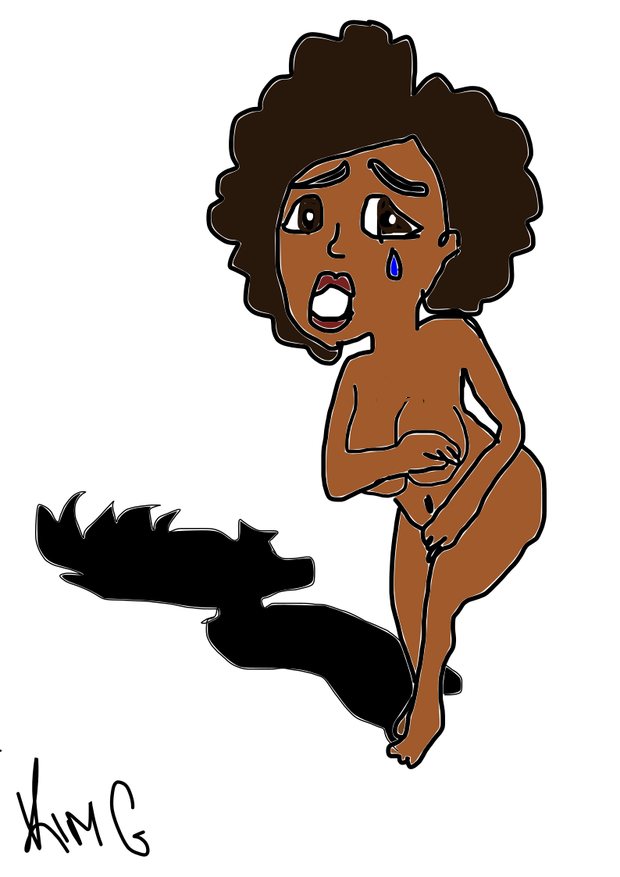
Many celebrities liken fame to being treated like a zoo animal. Fans whip out their cameras to grab a snapshot of a rare sighting, a celebrity, just like they would with a caged lion in a city zoo.
” … [W]hen people film me and stare at me, it makes me feel weird,” Ed Sheeran told radio shock jock Charlamagne tha God. “It makes me feel like I’m not human. What instantly cuts me off is that you’re having a moment with them, which is so genuine and so nice, and then at the end, they ask for a picture.”
Sheeran added that when he goes out to eat in restaurants, he requests a private room. “… [I]f I eat in the public room, I have people filming me while I’m eating my food. You feel like a zoo animal.”
Actor Keanu Reeves completely understands where Sheeran is coming from. There are times he’s spotted tourists driving by his West Hollywood home to catch a glimpse of him. “I’ll come out in the morning and get my newspaper (and they’re there). You feel like an animal in a cage,” he said.
How Some Stars Have Avoided the Pitfalls of Fame
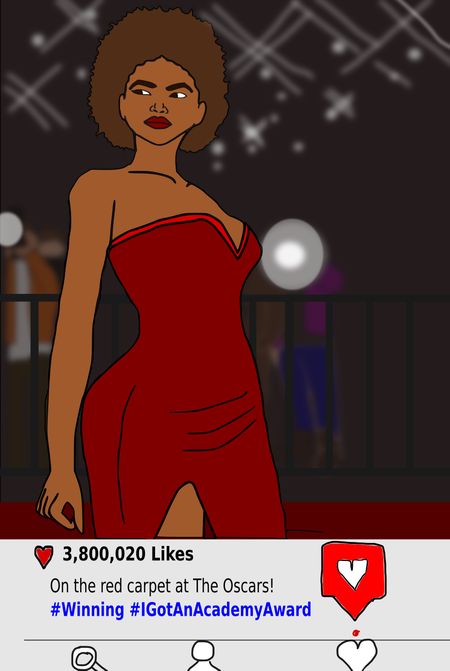
Hanson, a three-man band of long-haired brothers, credit their supportive circle as one of the reasons why they did not spiral out of control. According to ABCNews, Hanson “surrounded themselves with people who were as passionate about their music as they were, instead of money and fame. “
It’s also important to note that Hanson also had a tight-knit sibling bond, much like the Mowry Twins, stars of Sister, Sister, who have also avoided the high-profile scandals that often plague child stars.
“Tia and Tamera had each other, which basically means that they were never, psychologically speaking, alone,” E! News wrote. The twins were also raised in a religious, conservative household with parents who weren’t too keen on allowing the twins to experience the Hollywood party lifestyle.
Rachel Bilson, star of The O.C., also credits her avoidance of the party world to helping her escape the pitfalls of fame. “I started dating a co-star, so it was more of a domesticated thing; you’re just home or with friends—and not out to party,” she said.
When it comes to celebrities like the Charlie Sheens who haven’t been as lucky as the aforementioned stars to dodge the mousetraps of stardom, Stephenson made a brilliant observation:
“Could it be that those stars who appear to have everything you could wish for, yet behave in a way that might cause their downfall, might actually be unconsciously trying to destroy their fame because it feels so uncomfortable?”
If Stephenson’s theory is true, and many celebrities go to great lengths to sabotage their own stardom in a poor attempt to liberate themselves from the pressures of fame, why, then, do so many of us still seek to attain celebrity status?
“If you aspire to celerity,” Stephenson warned, “take heed from the stars and be careful what you wish for.”


